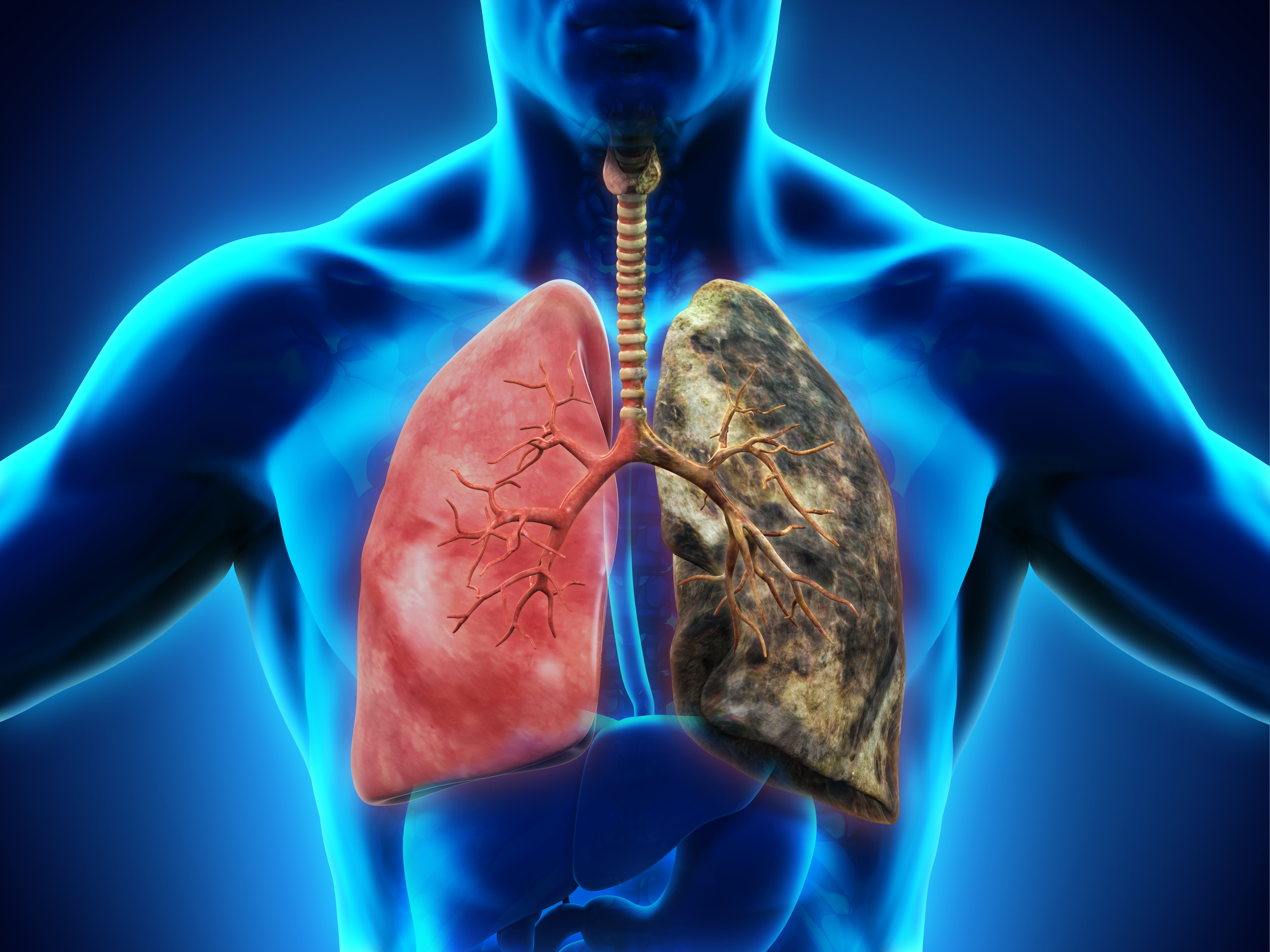Some former smokers double their lung cancer watch after they quit. Other Former Smokers cast lung cancer worries aside the minute they quit.

Former Smokers face more lung cancer risk than folks who have never smoked.
On the one hand, FLASS knows, former smokers can’t buy their safety from developing lung cancer, even if they quit years ago.
On the other hand, we also know former smokers have a substantial drop in the risk of lung cancer after about 5 years from quitting.
Former Smokers Benefit from New Study
Attention, FLASS former smokers. We want to acquaint you with new findings on this topic. Last May researchers at Vanderbilt University Medical Center published the Framingham Heart Study in the Journal of the National Cancer Institute.
The author of the new research, Hilary Tindle, MD, MPH, the William Anderson Spickard Jr., MD Professor of Medicine at the Vanderbilt University School of Medicine, stated,
“If you smoke, now is a great time to quit.” To put it briefly, her study proved, “The fact that lung cancer risk drops relatively quickly after quitting smoking, compared to continuing smoking…” She added that this factor “gives new motivation,” to smokers to quit and stay in quit mode. She should know because she is the director of the Vanderbilt Center for Tobacco, Addiction, and Lifestyle.
Former Smokers: Connecting the Heart Study with Lung Cancer Watch
Tindle and her team examined the health records of residents of Framingham, Massachusetts. The Framingham Heart Study followed these people for several decades. “The study, which is supported by the National Heart, Lung, and Blood Institute, helped establish high blood pressure and high cholesterol as key risk factors for cardiovascular disease.”
A Double Pronged Research Approach: Comparing Former Smokers and Never-Smokers
Likewise, the study traced cancer outcomes over the years. So let’s take a quick look at some numbers:

FLASS will help former smokers stay aware of their cancer risk.
- The sizable study investigated 8,907 participants. Keep in mind they had been followed for 25 to 34 years.
- During this time period, doctors diagnosed 284 lung cancers.
- We know you want to learn the answer to this question: How many were smokers? The answer is disturbing but not unexpected: 93 percent of those 284 cancers occurred among smokers designated as “heavy” smokers. To be so named, those patients had smoked at least a pack of cigarettes a day for 21 years or more.
Mixed Results for Former Smokers
There was a silver lining in the cloud of statistics. Researchers say that 5 years after quitting, the risk of developing lung cancer in former heavy smokers dropped by 39 percent. This was when they compared them to current smokers. Moreover, the risk continued to fall as time went on.
But the alarming darkness in the statistics came from the fact that 25 years after quitting, the smoking group’s lung-cancer risk was three times higher than the risk to people who had never smoked.
Critical Take-aways for Former Smokers: Stats Former Smokers and their Insurance Companies Must Know from the Study
We want you to know that the Framingham study asked people about their smoking every two to four years. Thus, they could account for increases or decreases in smoking over time.

Scanning could save your life if you are a former smoker with lung cancer.
- Attention, Former Smokers:
“Current federal guidelines, which mandate insurance coverage of lung cancer screening for current and former smokers, exclude those who haven’t smoked for 15 years or more.” (Now, please, read this statement again if you or a loved one is a former smoker.) - Yet shockingly, former smokers should know, “four of 10 cancers in heavy smokers in the current study occurred more than 15 years after they quit.”
More Research Studies Needed for Former Smokers
FLASS believes more research studies are warranted due to the above discoveries. We need to determine if extending the cut-off point for mandated screening.
- Would it save lives?
- Could we handle it in a cost-effective manner?
In the final analysis, FLASS doctors and staff agree that we need more awareness about cancer screening for former smokers.
“While the importance of smoking cessation cannot be overstated…author Matthew Freiberg, MD, MSc, professor of Medicine delineated more needs beyond the initial quitting.

If you are not yet a former smoker, start now. This is a great time to quit. Stop Smoking Now
- Former heavy smokers need to realize that the risk of lung cancer remains elevated for decades.
- After they smoke their last cigarette, they, as former smokers must be aware of the increased lung cancer risk that still haunts them.
- Let’s continue to underscore the importance of lung cancer screening,” said senior author Matthew Freiberg, MD, MSc, professor of Medicine. We agree.
A Promise for FLASS Former Smokers
This blog in no way underestimates the value of your quitting smoking. We want all our patients who smoke to become former smokers. And we want you to retain that status.
FLASS cautions you to keep a close eye on the health of your lungs. Sadly, as you see above, statistics show they will always be at more risk for lung cancer than lungs which have never held tobacco smoke. But that does not mean we cannot monitor them so lung cancer cannot overwhelm them. We will keep you up to date with more studies on this valuable life-saving topic.
Breaking News for Orlando Flu Outbreak

Protection is just one vaccination away as we face the flu.
Meanwhile, we interrupt this blog to inform you that Flu season is in accelerating. “More than 300 to 400 patients have tested positive for with influenza in Central Florida clinics.”
Here’s a shocker: “New numbers released last week by the U.S. Centers for Disease Control and Prevention showed between 6.2 and 7.3 million people have developed the flu since October.”
Now only about half of those flu patients have gone to their doctor, ER or quick care clinic. In Central Florida, Centra Care locations are seeing an uptick. “More people are coming into Centra Care with the flu,” Dr. Timothy Hendrix, Advent Health medical director said.
Did You Know? There is a Fast New Flu Test
Many walk-in clinics now provide a rapid flu test, and you know the results in 10 minutes. It could be incorrect, but it has a record of 85 percent sensitivity at detecting the flu.
“You can try to avoid it as much as you want, but you’re just not going to be able to avoid the virus during flu season,” Hendrix said. To that, we of FLASS add: Get Your Flu Shot. Yes, the vaccination is still available and yes, it still works. With your flu shot, you might escape the virus entirely, or at least contract a lighter case.

